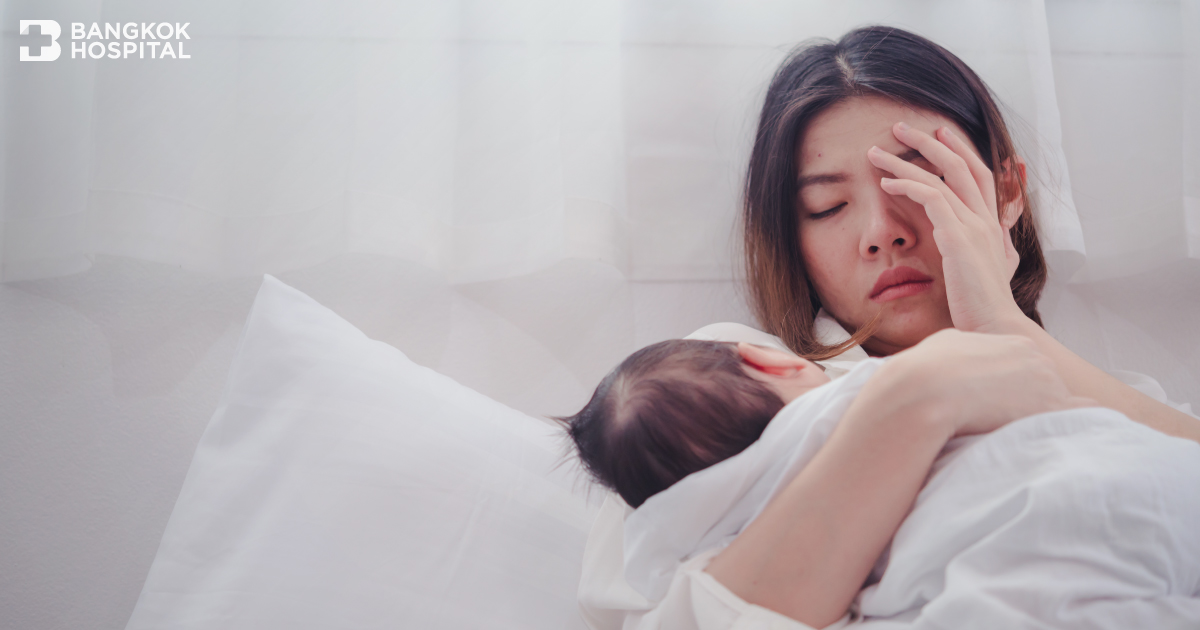Women with increasing age usually face some gynecologic-related conditions strongly linked to hormonal changes e.g. vagina turning dark, loose or dry vagina causing pain during sexual intercourse and urinary incontinence, especially while coughing or sneezing. These problems largely affect everyday life and activities, eventually resulting in poor quality of life. “Fractional CO2 Vaginal Laser Treatment” is an advanced minimally invasive technology in rejuvenation used to treat gynecologic problems associated with menopause/post menopause symptoms.
Since Fractional CO2 is a new technology, questions have been commonly asked for its efficacy and safety. Here are some frequently asked questions and answers on vaginal laser treatment that women should know before receiving treatment.
Question: What is the difference between vaginal laser treatment and medicines e.g. vaginal cream and vaginal suppositories?
Answer: Vaginal laser treatment has been approved its efficacy and safety by The Food and Drug Administration (FDA) in Europe and Thailand. This FDA-approved technology has been claimed for high level of safety since it does not promote abnormal cell proliferation in the vagina. In comparison to unapproved vaginal cream or suppositories, these medicines, on the contrary, might interfere the cell proliferation process, resulting in abnormal cell growths. Nevertheless, before receiving treatment, medical advices made by expert gynecologists must be obtained in order to ensure the appropriateness of treatment in each patient.
Advanced vaginal laser treatment by using Fractional CO2 laser with a 360 degree-probe covering the entire vaginal wall helps to significantly improve vaginal health. During the procedure, vaginal probe is inserted to the vagina. It directs laser energy to stimulate fibroblast cells, biological cells that synthesize vaginal collagen, to work more efficiently in collagen remodeling process without invasive ablation while increasing hydration and tightening vaginal tissue, resulting in improved symptoms of urinary incontinence especially during sneezing or coughing. In addition, the scanner with 360 degree scanning ability can further stimulate collagen production and skin exfoliation process. As a result, the vaginal skin will be noticeably brighter and smoother within 1 week after the procedure.
Question: Who are suitable for vaginal laser treatment?
Answer: This advanced technology is highly recommended in women who have developed gynecologic-related problems including:
- Loose or dry vagina causing pain during sexual intercourse;
- Vagina turning dark; and
- Urinary incontinence, especially while coughing or sneezing.
In addition, benefits of vaginal laser treatment include:
- Vaginal tightening;
- Moisturizing vagina;
- Restoring vaginal balance;
- Improvement in urinary incontinence during coughing or sneezing;
- Alleviation of pain during sexual intercourse;
- Enhancing sexual desires; and
- Brighter and smoother vaginal skin.
Question: Does vaginal laser treatment cause pain during treatment?
Answer: Vaginal laser treatment is non-invasive procedure so it does not cause pain during receiving treatment. The scanner with 360 degree scanning ability is well designed to fractionize the laser without irritation to the vagina. Additionally, treatment takes only 5-10 minutes, therefore patients can rest assured that treatment time is fairly quick, and there is minimal discomfort associated with treatment.
Question: How long does it take to complete the treatment course?
Answer: Generally, the total course of vaginal laser treatment consists of 3 sessions and each treatment session is not time-consuming. The interval of each session is approximately 1-2 months, under close supervision of the expert and well-trained gynecologists. The noticeable changes after receiving the first treatment could be obtained within 4-6 weeks. Vaginal changes might include moisturizing vagina and brighter skin tone. However, the collagen stimulation and remodeling process take time up to 2 months. Consultation with gynecologist is highly recommended prior to receiving treatment in order to evaluate vaginal health and design proper treatment plan accordingly.
Question: Is there any chance of infection during treatment?
Answer: The possibility to get infected during receiving treatment is extremely low since it is non-invasive procedure performed via vagina without surgery. Moreover, treatment time is considerably short and no incision is needed, leading to reduced risk of infection, less pain and fast recovery.
Question: How often should vaginal laser treatment be done?
Answer: It entirely depends on individual symptoms and conditions. In general, vaginal laser treatment is recommended up to 3 sessions per year. After assessment is completed by gynecologist, treatment schedule and follow-ups can be obtained.
Question: Can vaginal laser treatment be performed during menstruation?
Answer: It is highly advised to receive treatment after having menstruation. Additionally, to receive this treatment, patients should not have vaginal infection or inflammation. Pregnancy, medical history of genital herpes and current use of anti-coagulant drugs are contraindicated and additional counseling is required.
Question: How do patients take a good care after treatment?
Answer: Taking a good care after procedure, patients are suggested to;
- Temporary avoid lifting heavy weights and exercise;
- Protect the treated area not to be irritated or affected;
- Refrain from having sexual intercourse for at least 7 days;
- Keep the treated area clean and dry; and
- Avoid wearing tight underwear.
Question: What are the superior advantages of vaginal laser treatment over other treatment approaches?
Answer: It is non-invasive technique, resulting in less pain and discomfort, lowered complications, less-time consumption and faster recovery. Surgery is not required, thus there is no incision and scar. It is also
Question: When do patients get treatment?
Answer: Regardless of age, vaginal laser treatment can be considered when patients have developed gynecological problems such as loose or dry vagina, vagina turning to dark and urinary incontinence, especially during coughing or sneezing.
Question: Is there vaginal bleeding during treatment?
Answer: This less invasive procedure does not cause vaginal bleeding. During the procedure, vaginal probe is inserted to the vagina. It directs laser energy to stimulate fibroblast cells and collagen remodeling process without invasive ablation while increasing hydration and tightening vaginal tissue.
Vaginal laser treatment is an effective alternative for women with vaginal problems. Not only achieving cosmetic advantages, the advancements in vaginal laser treatment can also greatly improve self-confidence in women’s daily life.
“Ensuring good health and being confident with all activities.”










